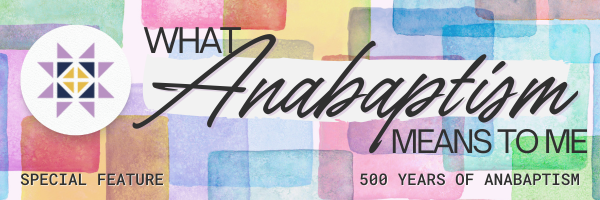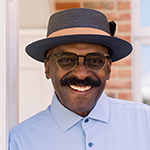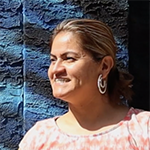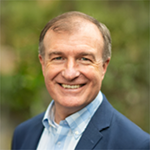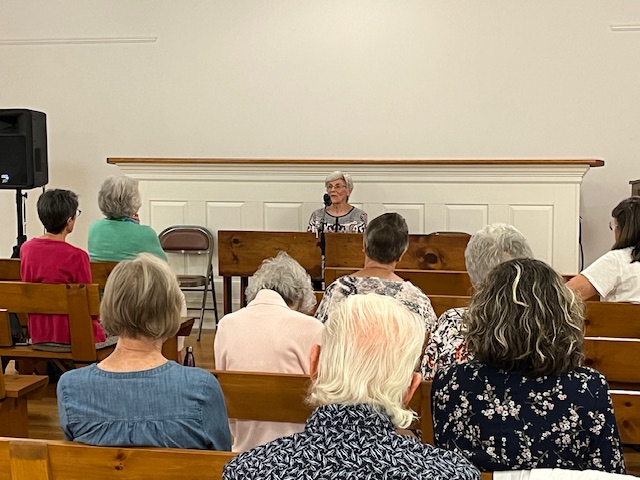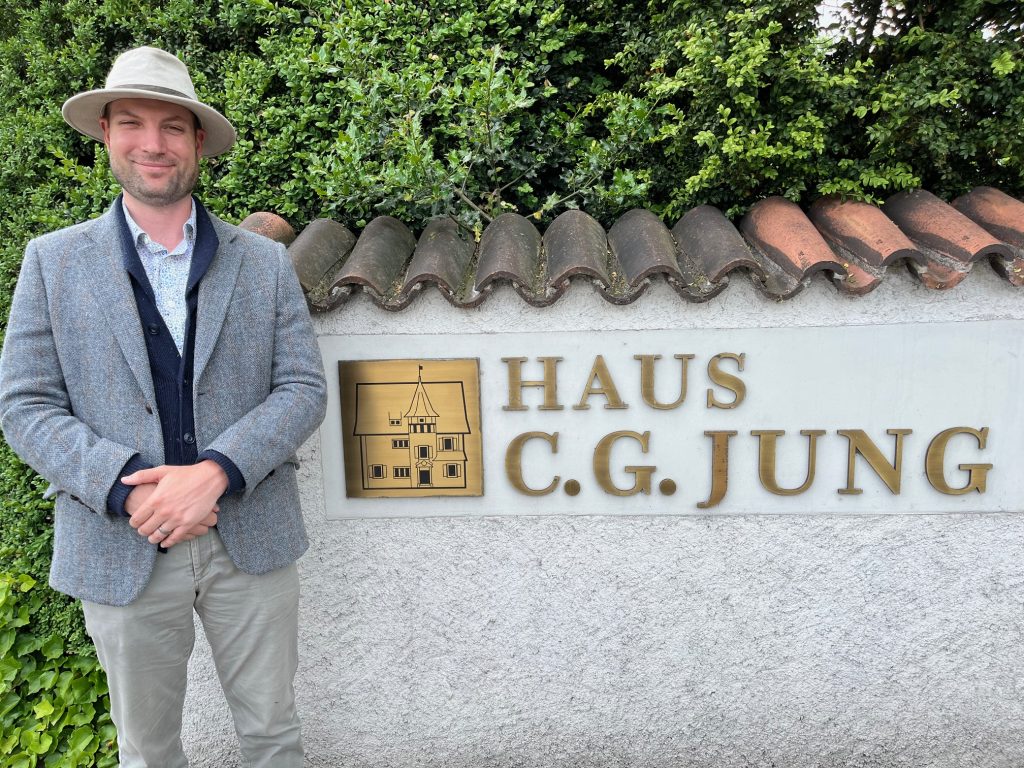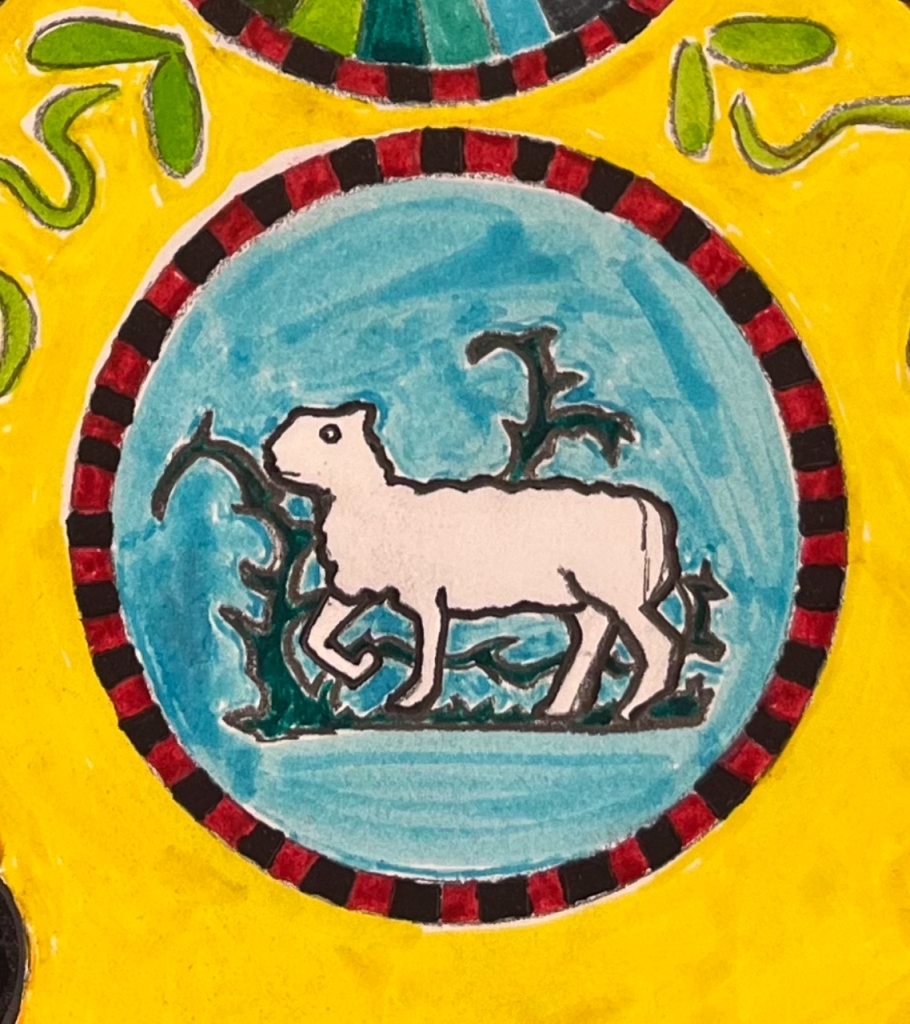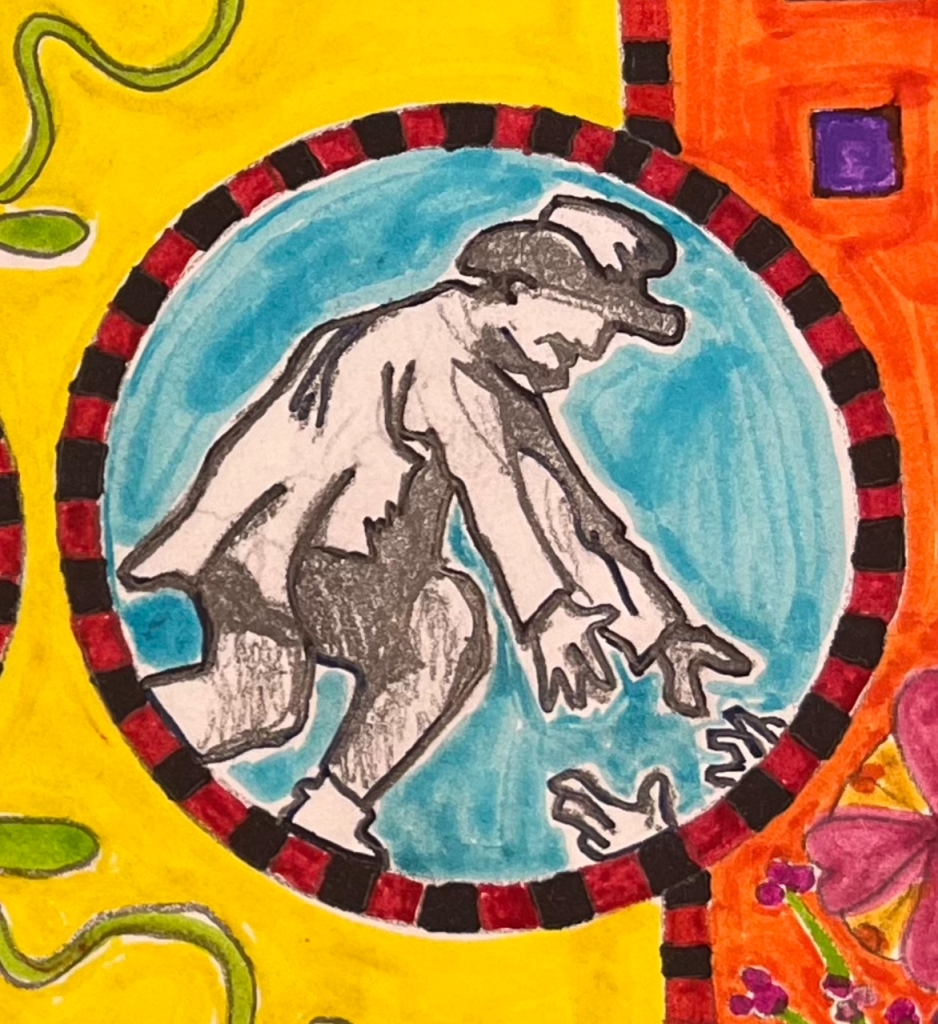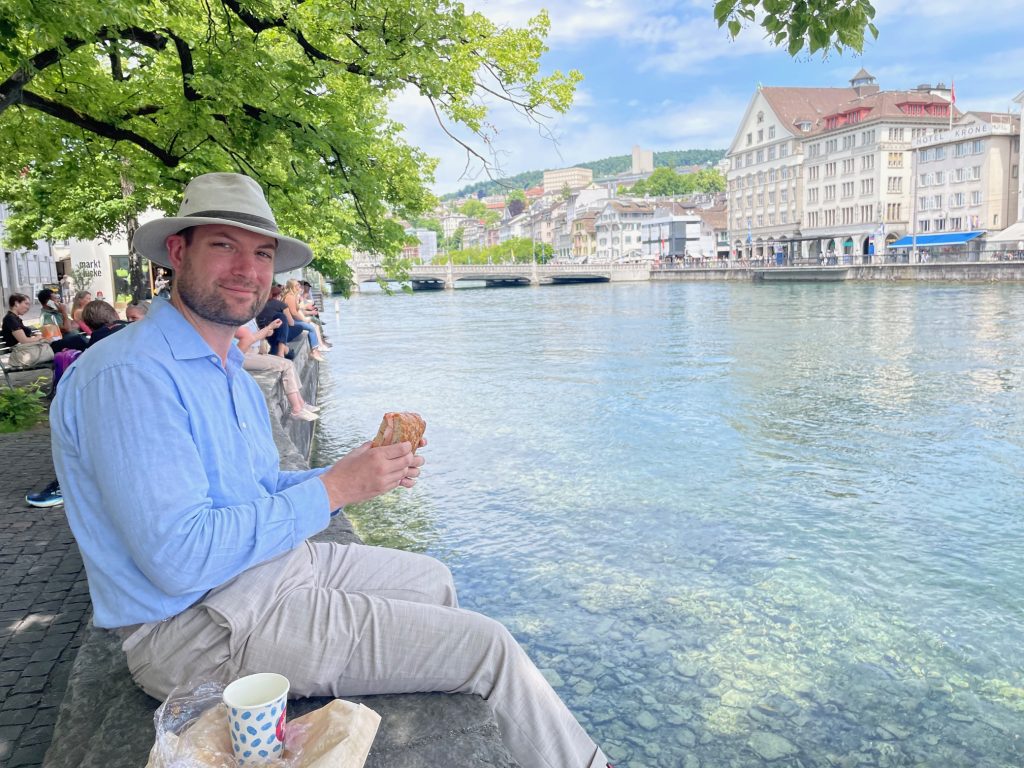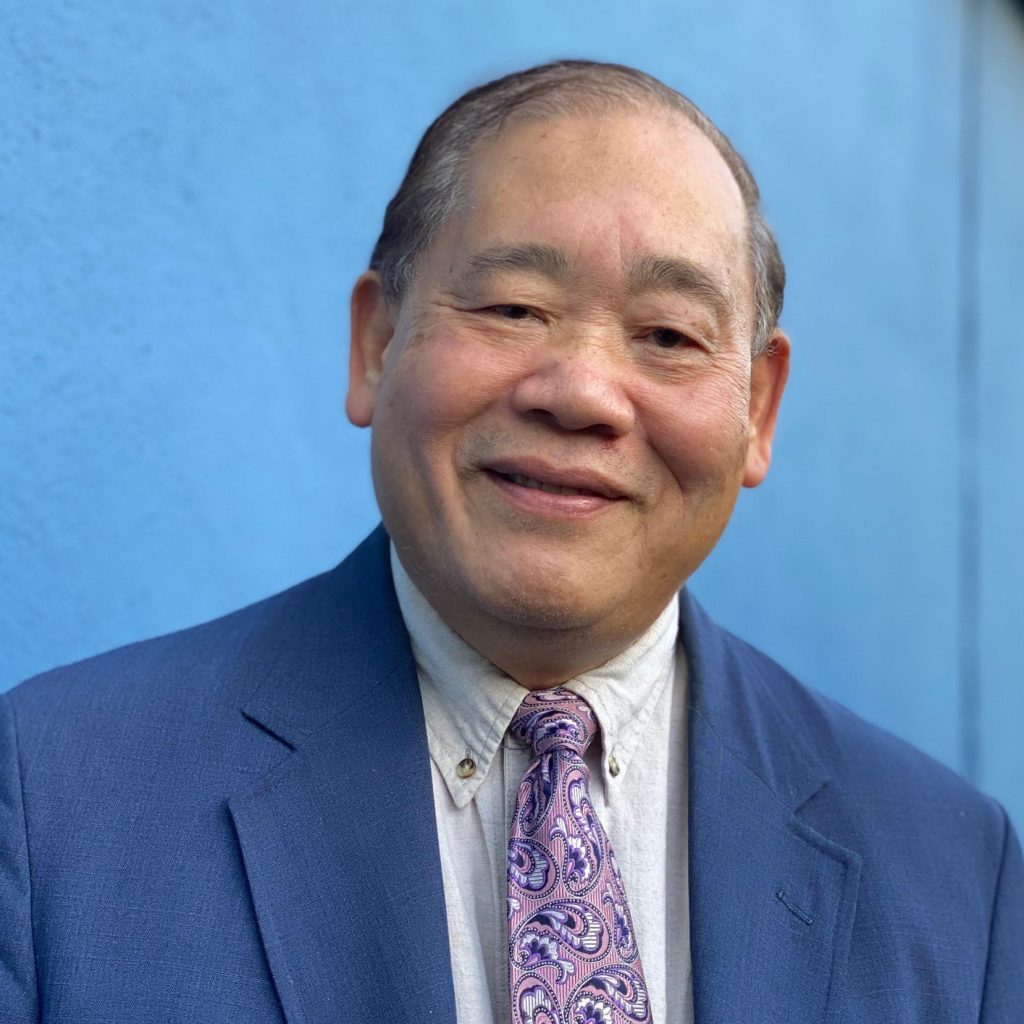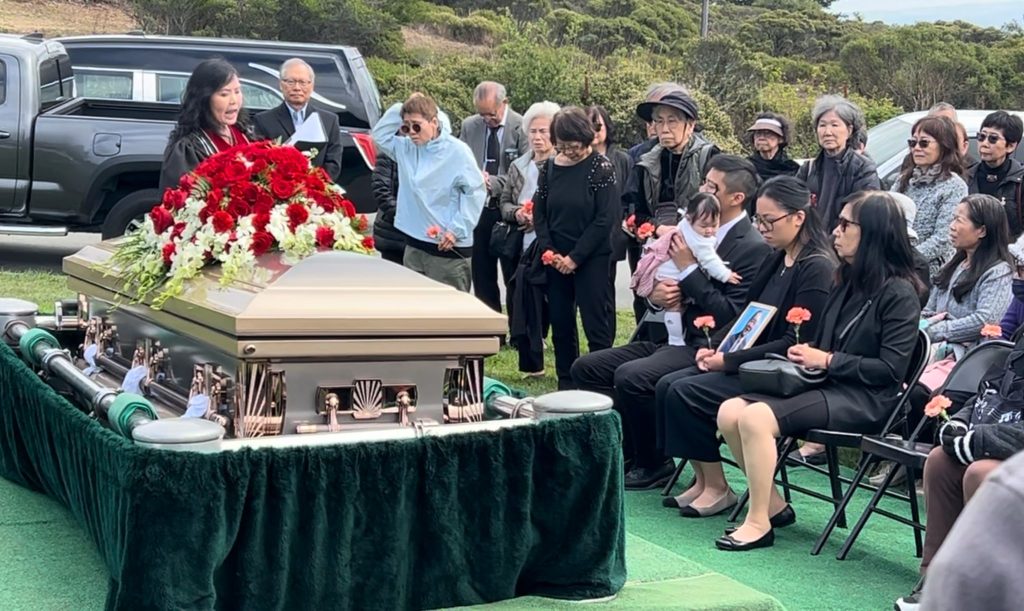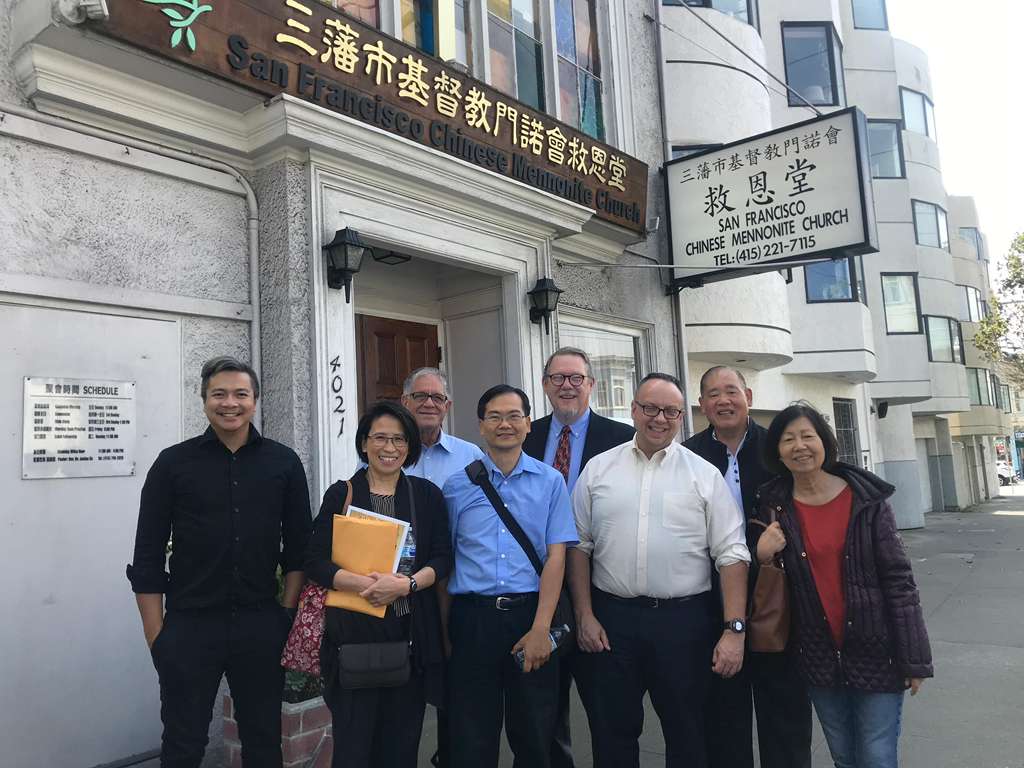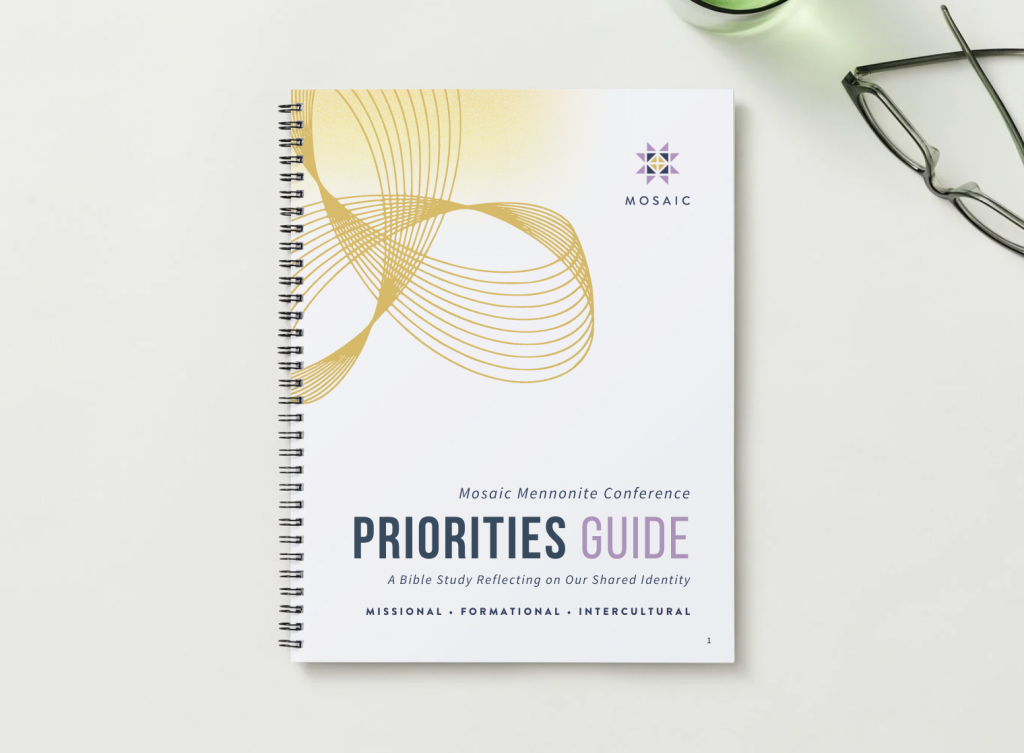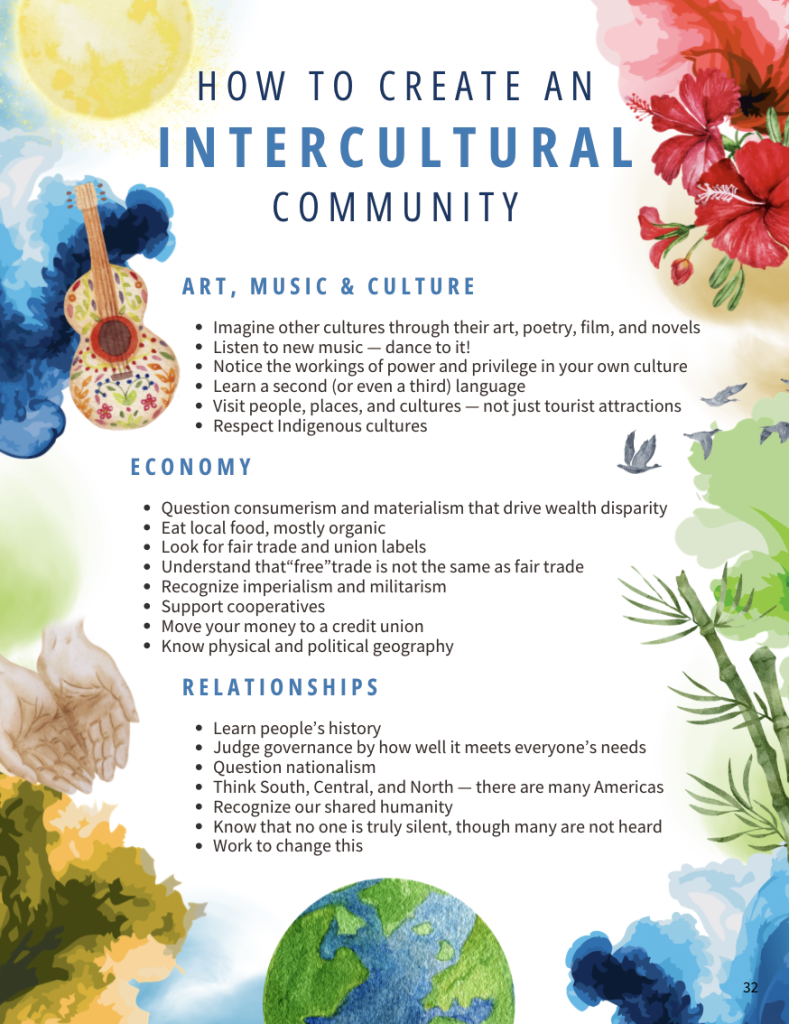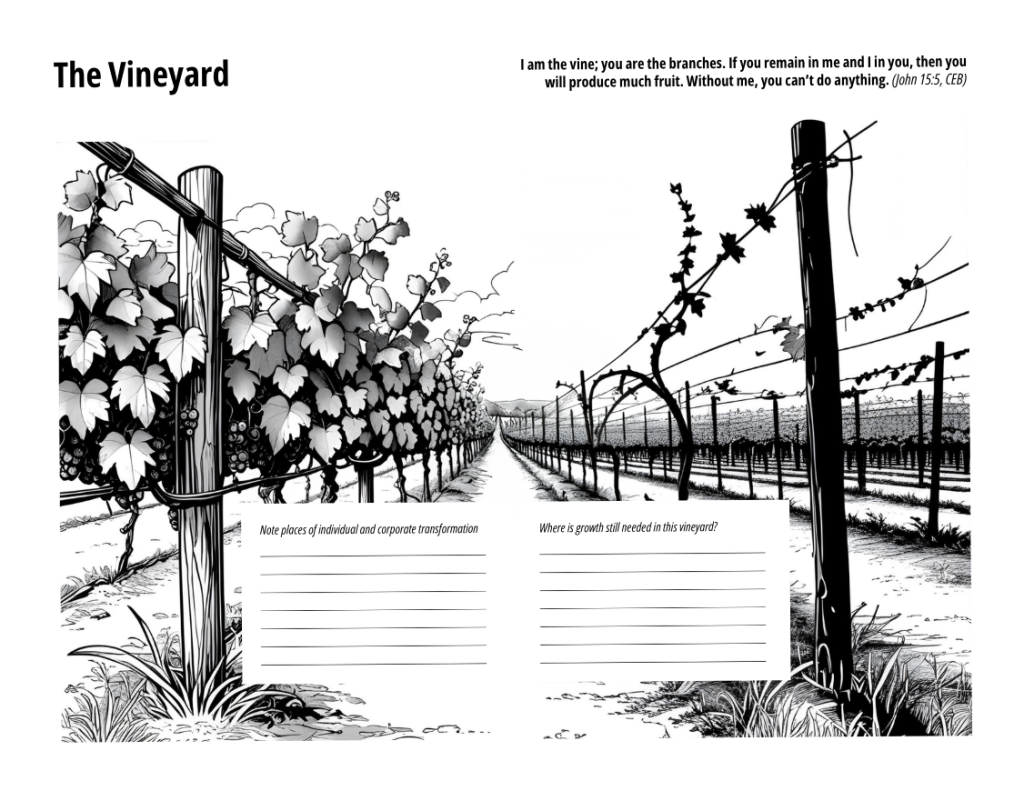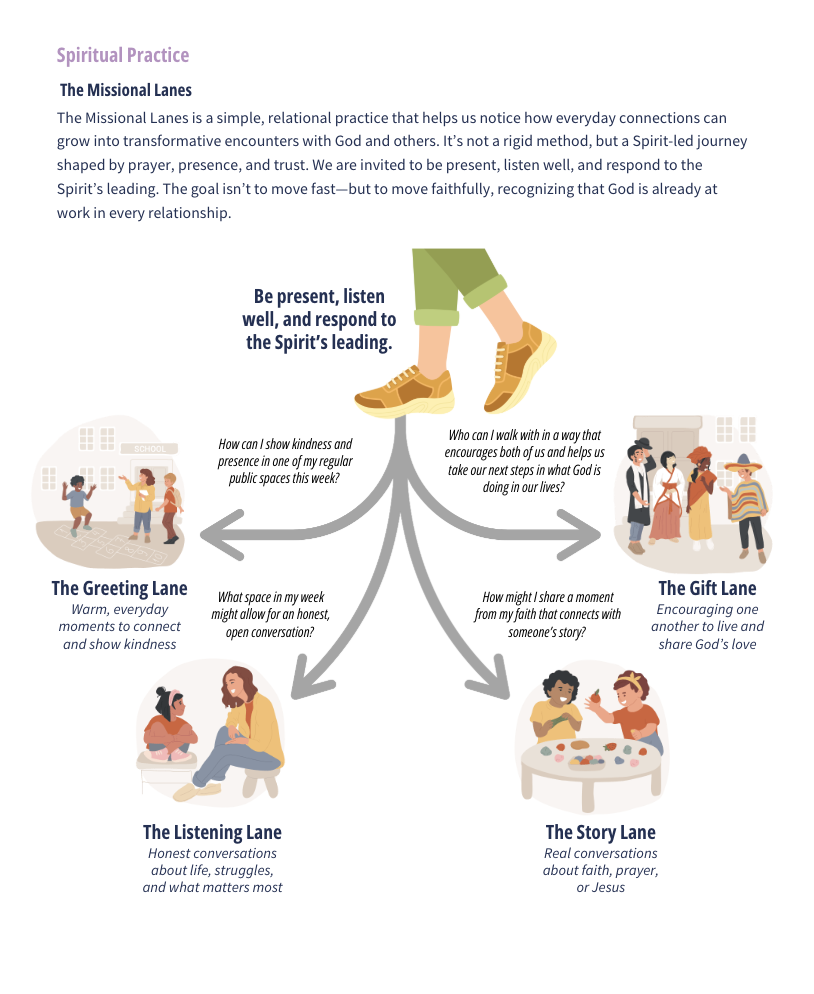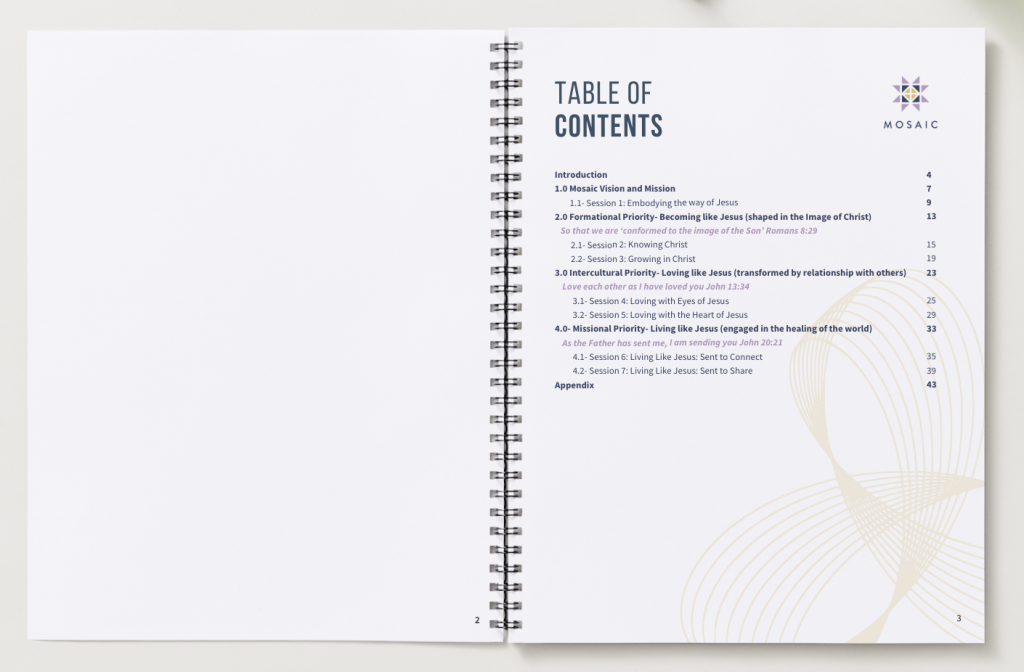by Noel Santiago
On Sunday afternoon, September 14, 2025, the sanctuary of Towamencin (PA) Mennonite filled with voices, stories, and song as we gathered to mark an extraordinary milestone: 500 years since the baptism that launched the Anabaptist movement.
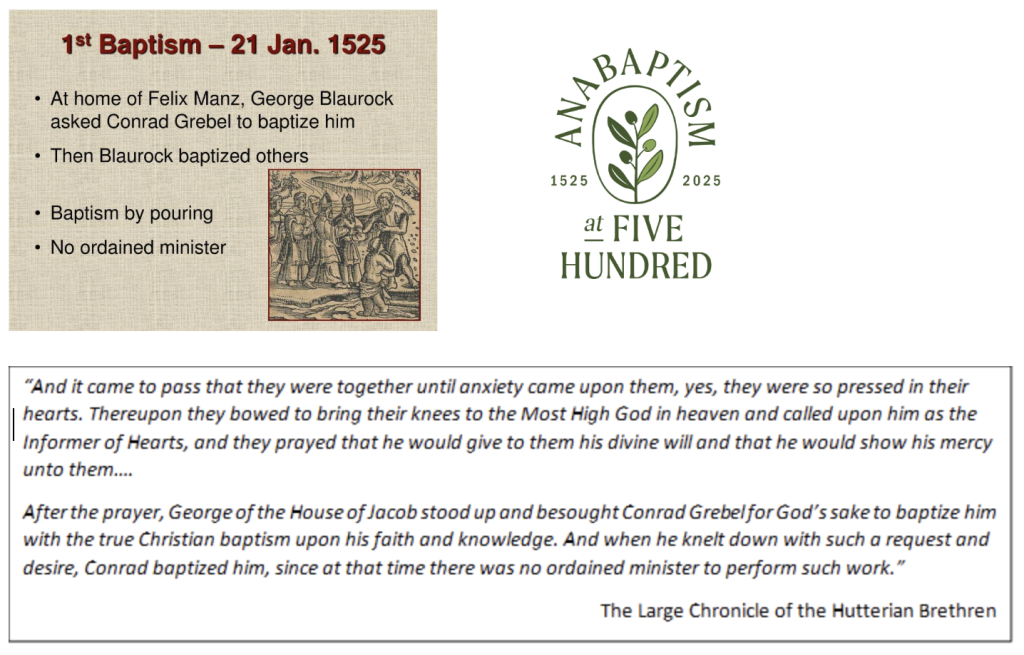
The service was simple yet rich, woven together with the themes of: Remember, Rejoice, Reckon/Reconcile, and Recommit. It was a journey that carried us across history, through joy and lament, and into fresh hope for the future.
After a warm welcome from Charlie Ness, pastor of Towamencin Mennonite, and the first notes of congregational singing led by Michael Bishop, associate pastor of Blooming Glen Mennonite (PA), we began by looking back.
Joel Horst Nofziger, Executive Director of Conference-Related Ministry Mennonite Historians of Eastern Pennsylvania (MHEP of Harleysville, PA) helped us remember the religious landscape of the early 1500s. He reviewed the heavy hand of church and empire, the stirrings of reform, and the courageous decision of a small band of believers on January 21, 1525, to be baptized upon confession of faith. Their act of trust and defiance set in motion a movement that would spread like wildfire, often at great cost.
From there, Pastor Milson Ndlovu of Silverdale Brethren in Christ Church invited us to rejoice in what God has done through those seeds of faith. He spoke of how the Anabaptist vision of adult baptism and discipleship traveled across Europe and, in time, across continents, shaping communities of believers worldwide. Hearing the scope of that growth reminded us that the story of 1525 was not the end but only the beginning of God’s work through ordinary people who longed to follow Jesus.
But we did not only celebrate. Together, we also reckoned with the shadows of our past. Ness named moments when our spiritual ancestors failed to embody the fullness of the gospel they proclaimed, times when brokenness, division, and violence contradicted the vision of peace. Yet even here, hope rose. We heard stories of recent acts of reconciliation, where Anabaptists, Catholics, Lutherans, and Reformed Christians have sought healing and forgiveness. It was a tender reminder that God continues to make all things new.
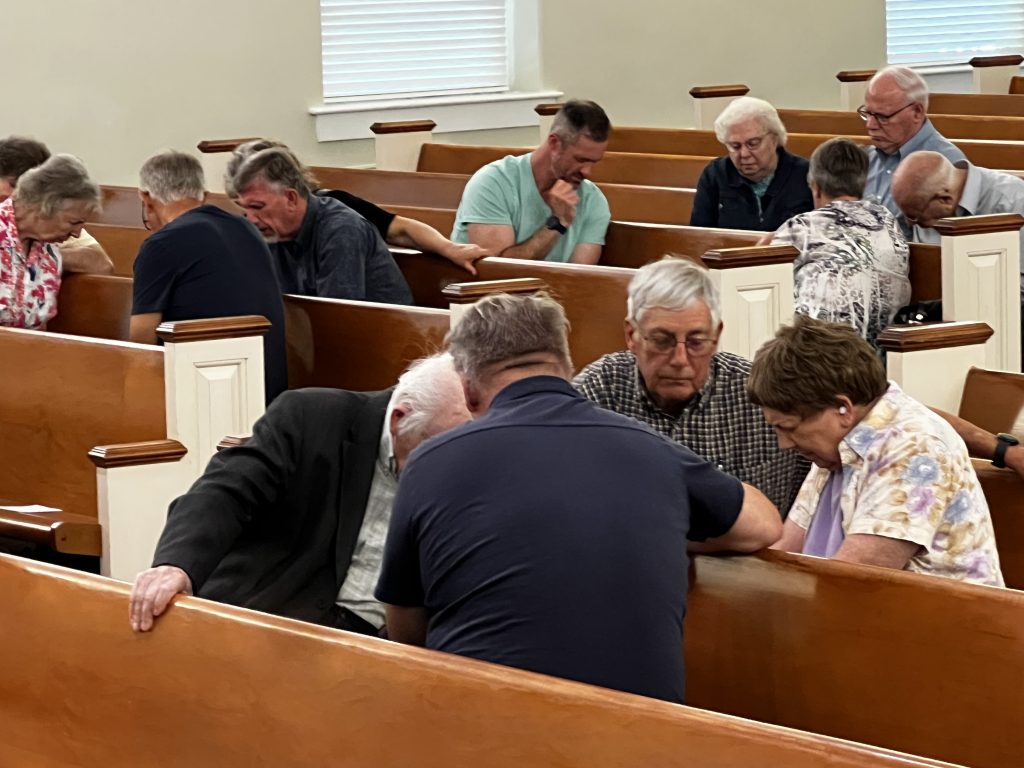
Finally, I led us in a time to recommit. With prayers of surrender, we invited the Spirit to breathe afresh, asking for courage and renewal in our own day. Just as water was first poured out on those believers five centuries ago, so we too are invited to receive afresh God’s outpouring, to live as faithful witnesses of Jesus, here and now, with humility and boldness.
Throughout the service, songs lifted our voices and hearts. They became more than music; they became prayers of remembrance, joy, confession, and hope. The afternoon concluded with Mennonite historian and pastor John Ruth (Salford [PA] Mennonite) offering a final word of remembrance, encouragement, and blessing, sending us out with gratitude, courage, and renewed vision.
Though Towamencin left Mosaic Conference in 2023, they continue to partner with the MHEP. Where there is a shared mission and purpose, we are glad to collaborate and walk together in ministry.
The gathering was more than a commemoration of history. It was a living testimony of God’s faithfulness across the centuries, and an invitation to continue walking the path of discipleship together. As we left Towamencin that day, many carried with them both a sense of awe at the story behind us and deep hope for the story still unfolding.
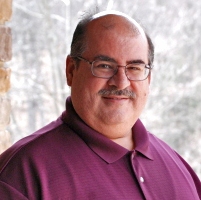
Noel Santiago
Noel Santiago is the Leadership Minister for Missional Transformation for Mosaic Conference.
Mosaic values two-way communication and encourages our constituents to respond with feedback, questions, or encouragement. To contact Noel Santiago, please email nsantiago@mosaicmennonites.org.

